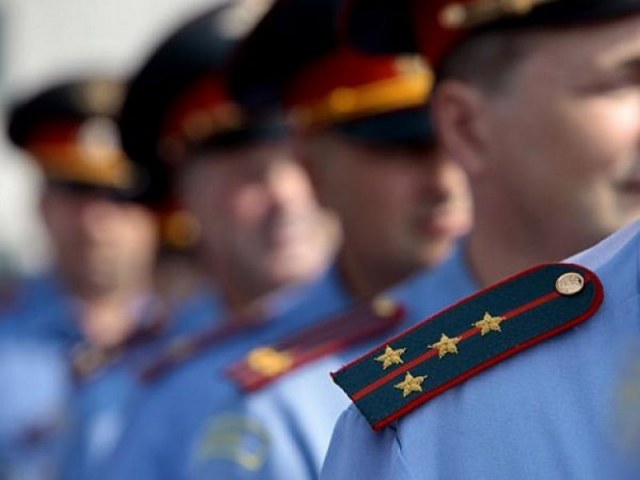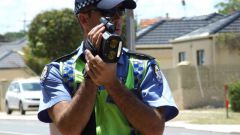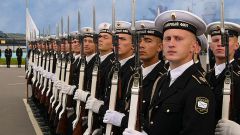Unofficial nicknames
In the U.S. the most common name for police is "COP" considered to be an abbreviation of "patrol COP" (Constable on Patrol). Also its origin is associated with the word copper ("copper") – the first American police wore the eight-pointed star made of copper. In Britain the police are called "bobbies" is derived from the name of Robert peel, the founder of the British police and the famous Scotland Yard. In Russia and Ukraine, they are usually called "cops".
In many countries today (and in Britain in particular) familiar names of police officers gradually replaced by the American word "COP."
In France the most common nickname of the police is the word "flick", which appeared in the mid 19th century. The nickname stands for "fly", however clever the French gave him another transcript - Federation des Casques Idiots Legale (Legal Federation of idiots in hats). In addition to the cops, in France the police is often called the "azhan" the word "agent" or poule (chicken). In Germany the police in absentia treated as Bulle (bull), Spain – poli, Italy – "sbirro" (comes from the red uniforms).
The official name
In most European countries the police is called police officer. In Russia they are traded just COP. In Ukraine the police is called "melchers" or "multiname". The French reverently refer to police "gendarme" and the Italian "carabinieri". German police are called "policemen", Spanish - policiaco (accent on the letter I). In South America the police just called agente or comisario.
The word "police" has the same sound in all countries and in Greek means "system of government" or "state".
In Poland the police are turning "politsiyant", and in Norway – "the constable". The Portuguese call the police - policial, and the Finns – poliisi. Because of such a diverse "range" of names of police posts, researchers, state law researchers often find it difficult to allocate the police authorities in a specific classification, while remaining within state mechanisms. However, to clearly classify the police and special public security organs is not always possible even in the presence of generalized and clear the names of these professions.



